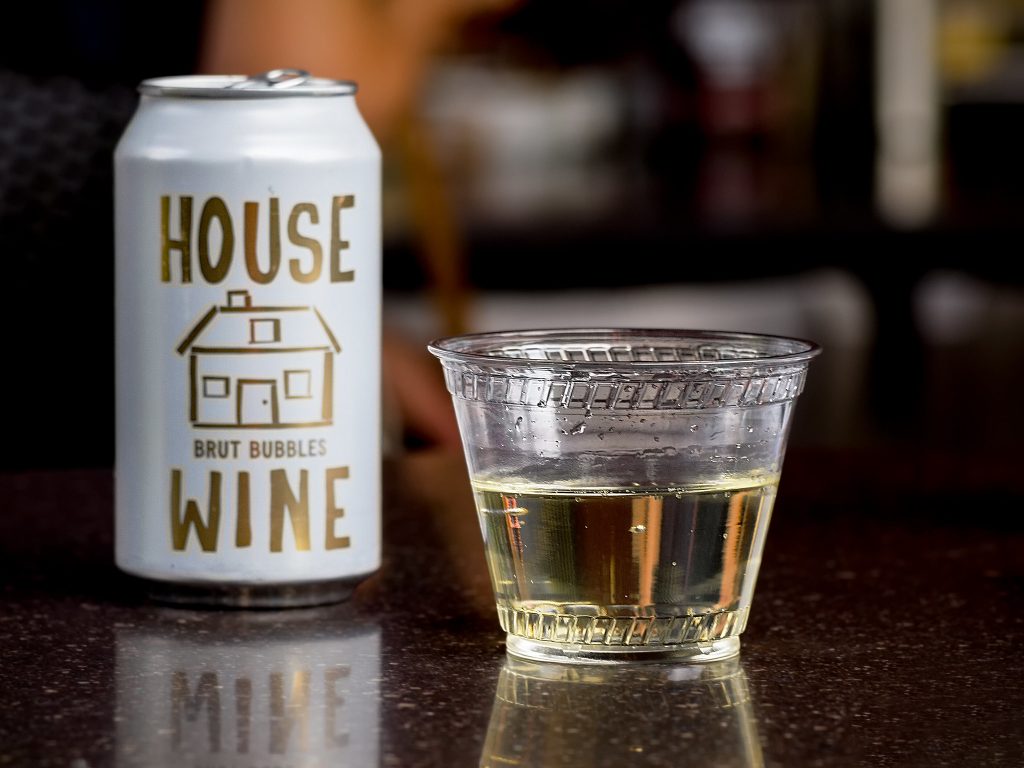Three great stories we found on the internet this week.
In the ’zone
It’s amazing what humanity can accomplish when we all pull together: This week, the UN announced that the ozone layer will be completely recovered within the next 40 years.
The ozone layer shields Earth from the full force of the sun’s cancer-causing radiation. In the 1970s, gasses released from products like air conditioners, aerosol hairspray and deodorants sped its depletion. In response, 197 countries and the EU agreed to ban such chemicals with the globally endorsed 1987 Montreal Protocol treaty. The agreement is considered a paragon of international cooperation.
“Ozone action sets a precedent for climate action. Our success in phasing out ozone-eating chemicals shows us what can and must be done — as a matter of urgency — to transition away from fossil fuels, reduce greenhouse gases and so limit temperature increase,” said the head of the World Meteorological Organization.
Can it
An increasing number of wine drinkers are saying “cheers” to sustainability by toasting with the clank of an aluminum can instead of the clink of a glass. The Guardian reports that the business of more climate-friendly canned wine is booming, with sales expected to more than double by 2028.

Glass bottles are among the most carbon-intensive parts of the wine industry. Making them is energy-intensive, and their heavy bulk adds to shipping emissions. Plus, the US recycles only about 31 percent of tossed glass, compared to 50 percent of aluminum cans (which can be recycled again and again). One study showed that switching to three eight-ounce aluminum cans from a glass bottle cuts carbon emissions by 79 percent.
“I feel like the environmental impacts really outweigh what the stigma is of consuming wine in a can,” said one New York City sommelier.
This won’t sting
Researchers working to reinvigorate dwindling bee colonies and maintain our ecosystem just got a shot in the arm with the USDA’s conditional approval of a new vaccine for honeybees.
Crushed by negative news?
Sign up for the Reasons to be Cheerful newsletter.The treatment, the first greenlit insect vaccine in the US, is aimed at preventing a bacterial infection that has rapidly spread through hives and can easily kill a colony of 60,000 bees. The vaccine is put into sugar feed given to queen bees; their offspring acquire immunity.
As pollinators, honeybees are crucial to an annual $15 billion worth of US crops. “Bees are livestock and should have the same modern tools to care for them and protect them that we have for our chickens, cats, dogs and so on,” a rep for the biotech company that developed the vaccine told The New York Times.







